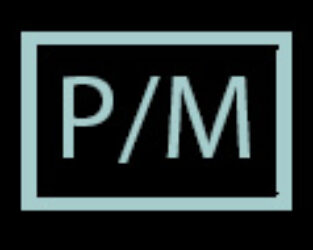
Remaining in one place somehow feels anti-progress. As business people, we have the need to keep going. Remaining static is too close to stagnant, right? But what drives that motion? Once we get going, how do we keep going? And is that always the right direction? Are we being driven by an intellectual trajectory or simply by momentum?
Momentum is an interesting concept – it leverages existing energy and trajectory. Momentum is movement that, in part, powers itself. And it feels good – the train is still moving forward. But at one point, the operative question becomes “is forward enough?” What’s worse is that train can be hard to stop, so momentum becomes an obstacle to the intellectual process and can impede our ability to react.
Let’s look at this from a marketing standpoint. It is well known that remaining visible and repeating your message is one key to influencing and driving results. So, the attitude can be, “more is better” and “keep the momentum going.” But, when things change, that momentum can actually move you further away from your existing and prospective client’s needs, wants, or what is currently motivating buying behaviors.
If we care to listen, the business world constantly speaks to us in real-time, and that includes our target audiences. Businesses that push ahead via blind momentum will likely end up in the wrong place. That’s where the intellectual, or reactionary, process should be utilized. By stopping and re-evaluating, you are able to steer your trajectory based on what you see ahead, not on a potentially obsolete vision or plan that no longer applies. Even though it can feel uncertain to change direction, doing so might prevent momentum from causing you to miss your target entirely.
So, the concept of “we’ve always done it this way” should yield to “let’s do what needs to be done now.” But before you can get there, you need to put on the bakes and stop that runaway train. Then, listen to what your target audience is saying. They will give you important information that will better direct you. From that process comes better strategy, a truer trajectory, and improved success.
MP
